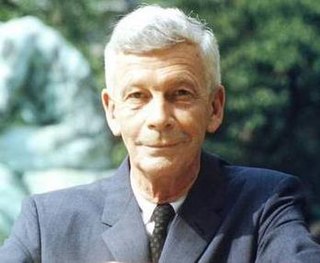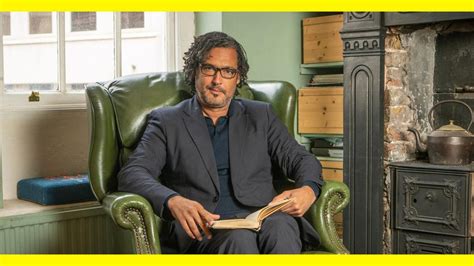A Quote by Mark Van Doren
The literature of the world has exerted its power by being translated.
Quote Topics
Related Quotes
King is a title which translated into several languages, signifies a magistrate with as many different degrees of power as there are kingdoms in the world, and he can have no power but what is given him by law; yea, even the supreme or legislative power is bound by the rules of equity, to govern by laws enacted, and published in due form; for what is not legal is arbitrary.
Literature cannot develop between the categories "permitted"—"not permitted"—"this you can and that you can't." Literature that is not the air of its contemporary society, that dares not warn in time against threatening moral and social dangers, such literature does not deserve the name of literature; it is only a facade. Such literature loses the confidence of its own people, and its published works are used as waste paper instead of being read. -Letter to the Fourth National Congress of Soviet Writers
The Saga of Dharmapuri is one of the great works of modern Indian literature. (...) Set against Vijayan's heroic and scatological Candide -- originally written in Malayalam and finely translated into English by the author -- the timidity of our own English talent for political satire is embarrassingly laid bare. For this is dangerous stuff, and cut close to the bone. (...) Fiercest of all is Vijayan's Voltairean recoil from Indian cringing to power.







































